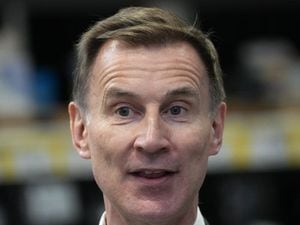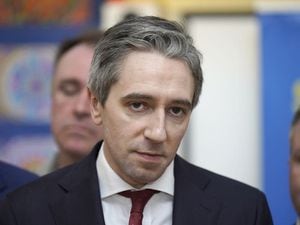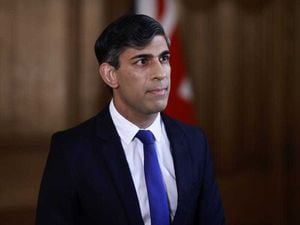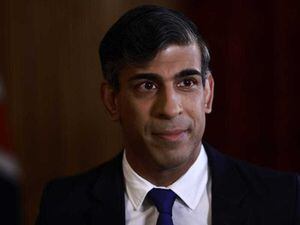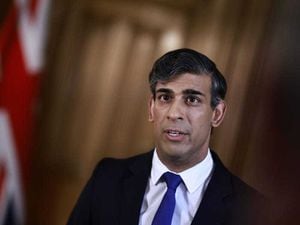Health Secretary to meet unions over ’emergency coverage’ amid ambulance strikes
Unions have said they will cover life-threatening emergencies during the walkouts.
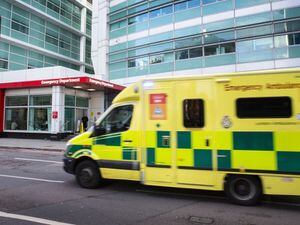
Health Secretary Steve Barclay said there is “still a question” over whether ambulance services will cover all emergency callouts during strikes.
Unions have said they will respond to life-threatening incidents – known as a category one call – when they strike on December 21 in a row over pay.
The GMB, Unison and Unite are co-ordinating industrial action across England and Wales after accusing the Government of ignoring pleas for a decent wage rise.
But he said “the indication from the trade unions” is that conditions like heart attacks will be covered.
He told Times Radio: “We’ve got further talks with the officials tomorrow on what are called the derogations – which bits of the service that they will offer.
“They’ve said that they will continue to offer life-threatening service, so that’s the cat ones.
“There’s a question in terms of whether they will cover all the cat twos – those are the emergency responses to things like heart attacks and stroke – so it is hugely important that those are also covered.”
He said the category three and four calls are “still very important”, adding: “Clearly, if those are not covered because of the strikes, that places huge pressure.
“There is a risk if we can’t get ambulances to people.”
He told Sky News that falls tend to come under a category three emergency and “at the moment the trade unions are saying those things wouldn’t be covered” but “the indication from the trade unions” is that conditions such as heart attacks will be covered.
Mr Barclay said he is “open to talks with the trade unions” and later added “it’s not just about pay, there’s many issues that affect staff, the quality of the NHS, tech, of staff and staffing levels”.
He said if everyone in the public sector was given a pay rise in line with inflation it would cost £28 billion.
Meanwhile Mr Barclay told GB News the “Prime Minister has stood his ground” in the dispute.
The strike will happen a day after members of the Royal College of Nursing stage their second walkout, also over pay.
The GMB said more than 10,000 ambulance workers across nine trusts in England and Wales will strike.
Members of the union will strike at South West Ambulance Service, South East Coast Ambulance Service, North West Ambulance Service, South Central Ambulance Service, North East Ambulance Service, East Midlands Ambulance Service, West Midlands Ambulance Service, Welsh Ambulance Service, and Yorkshire Ambulance Service.
GMB representatives are set to meet individual trusts to discuss requirements for life-and-limb cover.
Unite general secretary Sharon Graham said: “The fundamental cause of the crisis in the NHS is massive understaffing, because workers are leaving the NHS in droves due to low pay and impossible workloads.
“Steve Barclay just doesn’t seem to get it. The first stage strategy to tackle the crisis involves creating a decent pay structure by making a decent pay offer. Otherwise the staff exodus continues and the crisis deepens.
“On average every health worker’s real pay is worth some 20% less than it was in 2010. A porter’s pay is down 21% in real value and a nurse’s pay down 26%.
“It seems as one commentator said recently the NHS staff are too important to strike but not important enough to get a decent wage.
“The health secretary has said his door is open but unless he is going to address pay increases which can begin to halt the staff exodus – and incidentally reduce the £1 billion being spent on agency staff every year- the NHS will continue to collapse.
Sara Gorton, head of health at Unison, said: “The Health Secretary should be doing everything he can to stop strikes happening in the NHS.
“That means talking to health unions now about pay, which he’s refused to do so far.
“Ambulance managers will be drawing up cover plans for each service.
“Unions will discuss those and ensure appropriate responses to emergencies on strike days.
“But instead of speculating about the consequences of a strike, Steve Barclay should be focusing all his energies on stopping action from happening.”

